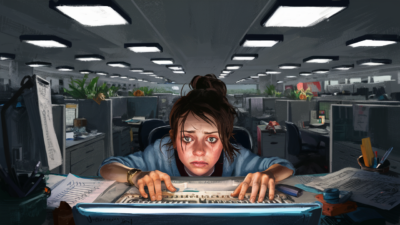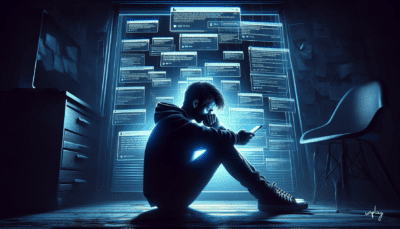You’re A Digital Hoarder
Look up at your browser window. How many tabs do you have open? More than one? More than 5? 10? 15? Can you even count how many because they’ve started to reduce themselves to half tabs and quarter tabs? You’re busted! So are we. As we write this challenge, we currently have 8 tabs open and a “restore session” tab with “we don’t even want to look” number of tabs which crashed long ago.
Challenge Rules: 24 Hours. One Tab.
For the next 24 hours, you are only allowed to use one browser tab at any given time. It will be difficult, we have no doubt. The goal of this challenge is to become more digitally mindful of how you are consuming the internet, allowing you to start to see how much information you’re collecting/hoarding vs. how much information you’re learning. When your gmail, facebook, cnn, my awesome blog, and your work items are all open at the same time, you’re not focusing in on any of them. Take the challenge. Challenge others to take it with you.
Project Unplug: One Tab Challenge (#OneTabChallenge)
Become aware of how much you multi-task even the most basic of tasks:
- For 24 hours, use only one browser tab at a time
- Do not cheat by opening more than one window
- When you’re finished reading/browsing a web page, move on to the next
- Write down things you may need to remember between browser tabs
- Do not use another device as a substitute for a browser window (cheater!)
- See rule #5
- Challenge others to participate – #OneTabChallenge
We want to know how this experiment goes. Post comments below or just use the hastag #OneTabChallenge to show us the results of this challenge. How many of you or your friends will say:
- That’s stupid, I’m not doing that!
- Why would I do that?
- I can’t, so I’m not even going to try.
- [insert other excuse]
Why did we design this challenge? Keep reading below this creepy image.
Breakup With Your “Tab” Dealer
The first web browser most digital natives experienced featured only one tab. If you wanted to have two different things open at the same time, you were forced to have multiple browser windows cluttering your screen. In the early 2000s, Opera and Mozilla Firefox adopted the tabbed interface style which started a revolution in the way we consumed web content. We no longer had to decide to “move on” from one page to the next. We could simply open our new link in a new tab and continue along the way. We were hooked. We were addicted to tabs. What’s wrong with that?
Plenty.
The ability to keep multiple browser tabs open at any given time has changed the way we think about the content we consume. More than that, it changes the way we treat content we’re consuming and content we’ve finished, but aren’t quite ready to abandon. This simple web browser feature has created a generation of digital hoarders who refuse to close browser windows and tabs–constantly “holding on” to stuff we no longer need–keeping distraction just one tab click away.
How to Make Better Decisions for your Brain
The first step towards recovery is admitting you have a problem. Can you do math? You have a problem. Not a math problem (get it?), but a distracted browsing problem.
“But I …”
We don’t want to hear it.
The goal of this challenge is to raise awareness of digital hoarding, mindless browsing, and the downfall of “collecting” information rather than experiencing or absorbing that information. Debbie Craig and Kerryn Kohl (source) in Accelerated Learning for Breakthrough Results, argue that “… in the age of Google and smart phones, our brains have become “lazy” as we no longer feel the need to remember information, just how to search for it.”
This was a theory originally discussed by Nicholas Carr in his 2011 book, The Shallows, where he shared his thoughts by arguing, “…that what we created with computers and the Internet was a system of distraction. We got the great rewards of having basically unlimited information at our fingertips, but the cost of that was we created a system that kept us in a state of perpetual distraction and constant disruption.”
“What psychologists and brain scientists tell us about interruptions is that they have a fairly profound effect on the way we think. It becomes much harder to sustain attention, to think about one thing for a long period of time, and to think deeply when new stimuli are pouring at you all day long. I argue that the price we pay for being constantly inundated with information is a loss of our ability to be contemplative and to engage in the kind of deep thinking that requires you to concentrate on one thing. (Carr)”





